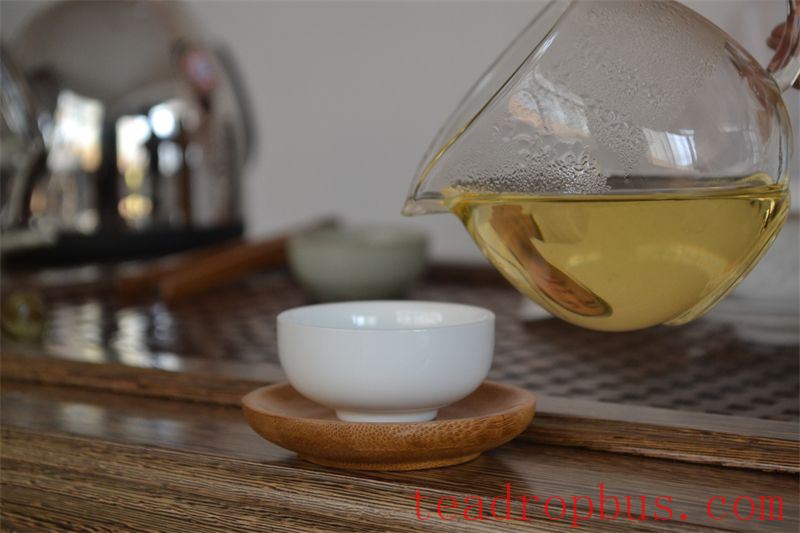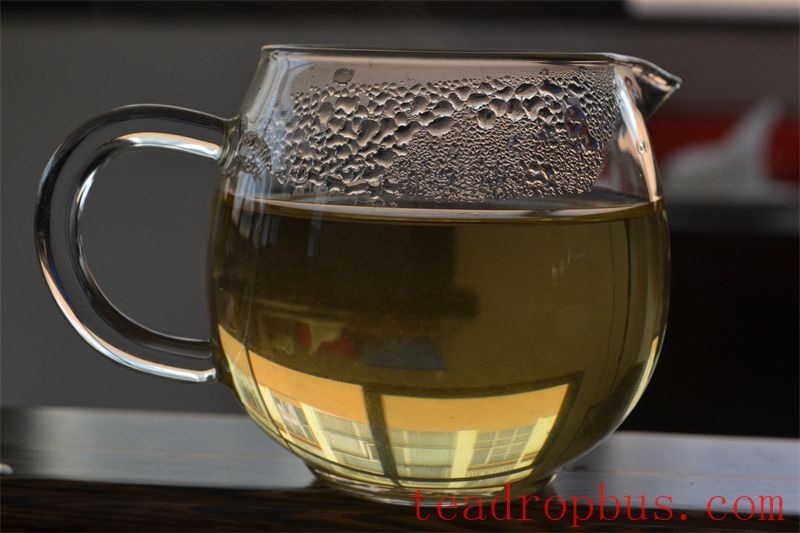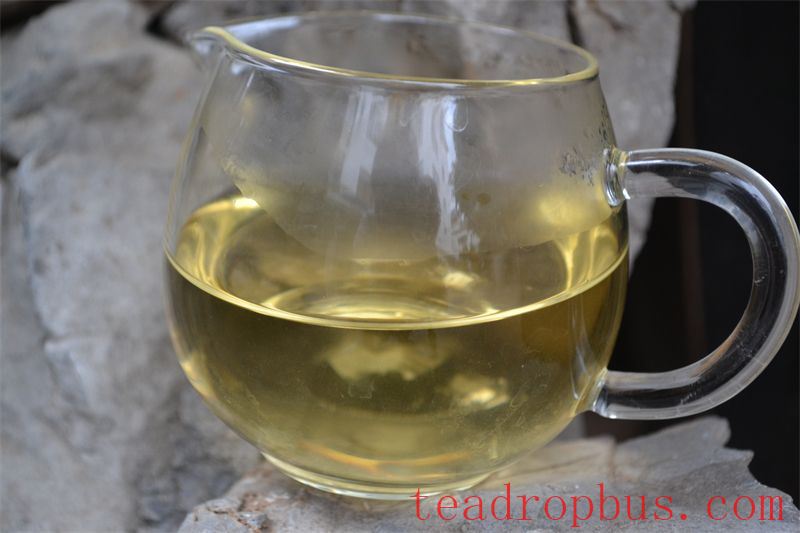Chinese culture spans five thousand years, during which China has formed a complete set of etiquette norms and excellent traditional virtues, hence it is also known as the “ancient civilization” and the “land of manners”.
Chinese people have the custom of serving Tea to guests, and over time, tea-drinking etiquette has evolved. When offering tea to guests, one should place the teacup on a tray and present it with both hands. Guests, in turn, should appreciate the tea by sipping it slowly, allowing its aroma to fill their mouths.
These etiquettes make up the rich and diverse Tea culture, yet some people remain indifferent to them. Today, we'll go through some of the most disliked bad habits when Drinking Tea.
Drinking Without Asking About the Tea
When drinking tea, some do not bother to ask the host what kind of tea they are brewing and simply drink it. Afterward, they immediately ask others what kind of tea it is, why it doesn't taste good, why it's bitter, or mention that they have a sensitive stomach and can't drink raw Pu'er.
They leave no room for others to respond. If someone prefers a lighter tea or cannot tolerate raw Pu'er due to a sensitive stomach, why not inform the host beforehand? Asking a barrage of questions after drinking the tea puts the host in an awkward position and makes the situation uncomfortable.

Misusing Tea Utensils, Ruining Good Tea
Dark teas, made from coarser leaves, undergo processes such as fixation, rolling, piling, and drying. Therefore, they are best brewed using larger tea utensils like Yixing clay pots or ceramic pots. Some people know this but insist on using glass cups, resulting in unsatisfactory flavors and even damaging the tea after just a few infusions.
China has many types of tea, each with distinct characteristics, and using appropriate utensils can enhance the tea's flavor.
Not Cleaning Teacups for Reuse
Tea lovers carefully clean their tea utensils after drinking. However, some do not share this practice, leaving their cups unwashed until a layer of residue forms at the bottom.
Dirty utensils not only affect the taste of the tea but also pose health risks. Therefore, it's important to clean the utensils after drinking tea and rinse them before use.

Drinking Without Brewing
In Chinese culture, reciprocity is valued. If someone brews tea for you, it's inappropriate to expect them to do so every time you want to drink. Simply leaving after drinking and leaving the cleanup to the host is impolite.
If someone has brewed tea for you, it's courteous to return the favor. Alternatively, assist with setting up the tea utensils or tidying up afterward (Note: do not disturb the person brewing the tea).
Critiquing the Host
When visiting someone's home and they kindly offer you tea, it's rude to criticize their brewing method while they're doing it.
Show respect by waiting until after the tea has been brewed and consumed to provide your feedback. This approach prevents any discomfort or awkwardness.

Constantly Inquiring About the Price of Tea
While drinking tea, some people persistently ask about the price of the tea and where it was purchased. Such questions put the host in a difficult position and can ruin the pleasant atmosphere.
If you genuinely enjoy the tea and wish to purchase it, inquire privately. The host will be more than happy to share the information. Avoid asking about the price repeatedly while the tea is being brewed.